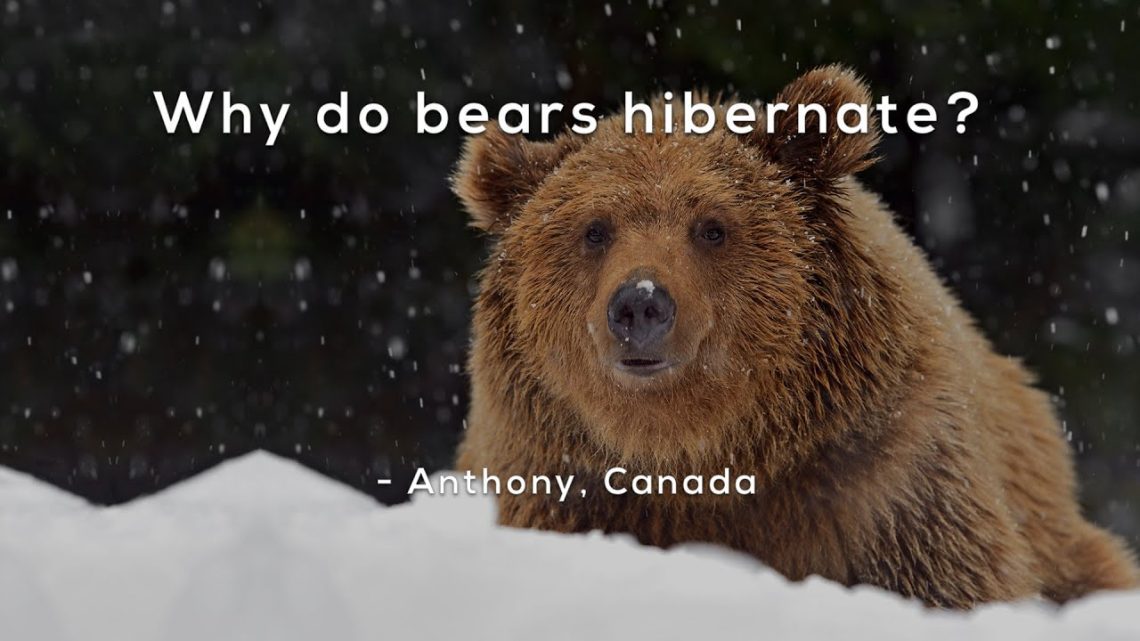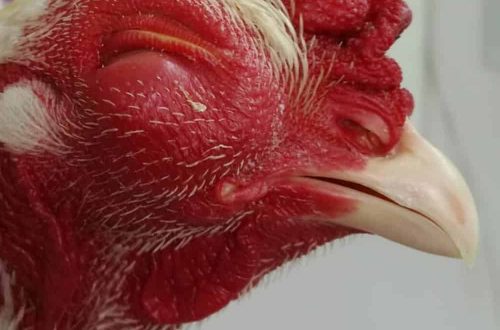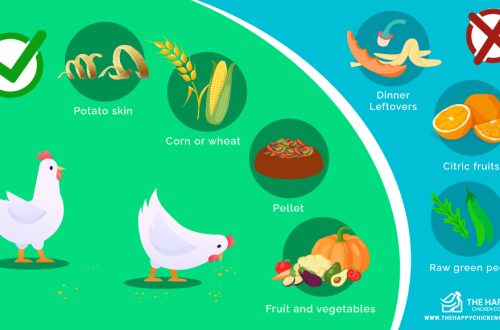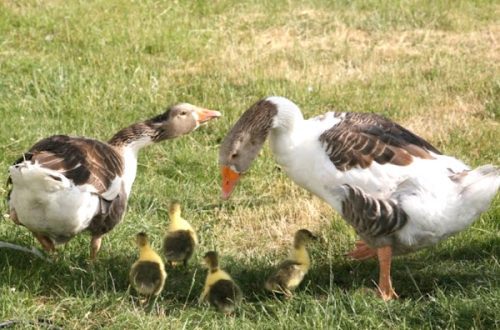
Poukisa lous ibènasyon: ann pale sou rezon an
We have heard since childhood that bears fall asleep in winter. Why do bears hibernate, and how does this happen? Surely our readers thought about these questions infrequently. So why not broaden your horizons a bit?
Why do bears fall into hibernation: talk about the reason
For First you need to remember what the bear eats. brown and black bears mostly use vegetable food. I mean nuts berries, stems, tubers. And, of course, clubfoot love honey, which is incredible nutritious. According to According to scientists, about ¾ of the diet of these animals are of plant origin.
Farmers even often complain that the clumsy owners of the forest periodically leave their usual shelters and actively attack the fields. They like, in particular, crops of corn, oats. When there is a poor harvest of berries, the fields are a real salvation.
Of course, in the cold all this food turns out to be inaccessible bear. А if the bear actually becomes nothing to eat, it is wiser to hibernate. All vital processes at this time will slow down due to decrease in metabolism. Thereby losing most of the bear food survive without problems.
INTERESTING: The clubfoot usually hibernates from late autumn to early spring. However, scientists have found that due to global warming, every degree of heat from the environment reduces the period of hibernation by 6 days.
One can object: what about fish and meat, which can also be included in the diet of bears? That’s right, the beast also feeds on them. Moreover, sometimes it can take away food smaller predators like the wolf, lynx. However, as noted earlier, this kind of food accounts for no more than a quarter from the general diet. And for winter survival this quarter will definitely not be enough.
Interestingly, not all bears hibernate. So, white bears and some southern breeds – sloth, spectacled – do not do this. These animals do not hibernate for a completely banal reason – they do not need this. For example, polar bears survive the cold very well. Moreover, such weather is comfortable for them, and there is enough food in the form of seals even in the most severe frosts. In southern bears, food does not disappear at all in any months, therefore they do not experience a shortage of food.
However, the some exceptions in this case are available. So, polar bears have a small hibernation can fall into the female, which feeds the young. Specially mine she has no time for food at this time, therefore some decrease in metabolism won’t hurt.
How hibernation manifests itself
Как does this phenomenon occur?
- Analyzing why bears hibernate, we found out that this is due to a lack of food. Therefore, the bears must first gain fat, nutrients. And the more, the better! Actually, due to such reserves, the body is saturated during hibernation. According to scientists, after hibernation, the beast loses about 40% of its weight. Therefore, literally immediately after waking up, he again begins to actively gain weight, which will multiply until the next long-term occurrence in the den.
- Toward the end of autumn, the search for a suitable lair begins. With luck, the owner of the forest occupies a dwelling in which someone already lived last winter. Often, by the way, whole generations winter in the same lair year after year! If one is not expected, the bear builds it on its own. Suitable for this purpose is some secluded place among the roots, branches and moss, for example. On average, the construction of one lair takes from 3 to 7 days. One animal lives in it, unless it is a she-bear with offspring.
- Gradually, before going to bed, the bear becomes more and more lethargic. This happens because life processes are slowly slowing down. Namely, the pulse and respiration become more rare. Even body temperature drops to 30 degrees. Moreover, in the waking state of the beast, it averages from 36,8 to 38,8 degrees.
- Bears fall asleep in different ways: some lie on their backs, others lie on their sides. Often, by the way, bears sleep, curled up and clasping their muzzle with their paws. Because of this, by the way, hunters used to think that animals suck their paws because of hunger, which is not at all the case.
- By the way, bears really suck their paws. More precisely, they remove the keratinized top layer of skin from the paw pads. Without this layer, animals would not be able to move on sharp surfaces – stones, for example. However, the skin tends to change, and the upper layers must be removed. Moreover, the peeling skin causes itching, similar to the one that people experience when they overheat in the sun. Therefore, unconsciously, the bear gnaws at the skin.
- Many are interested in how a bear relieves itself during hibernation. It turns out he just doesn’t. Urine is broken down into proteins, which are immediately absorbed by the body and are very useful during this period. As for feces, they are also not excreted from the body – at the end of autumn, the bears form a special plug that clogs the large intestine. It disappears in the spring.
В nothing happens in nature so. Of course, such a phenomenon as hibernation, has its explanations and its mechanisms. Without them, the bears would have to really unsweetened.





